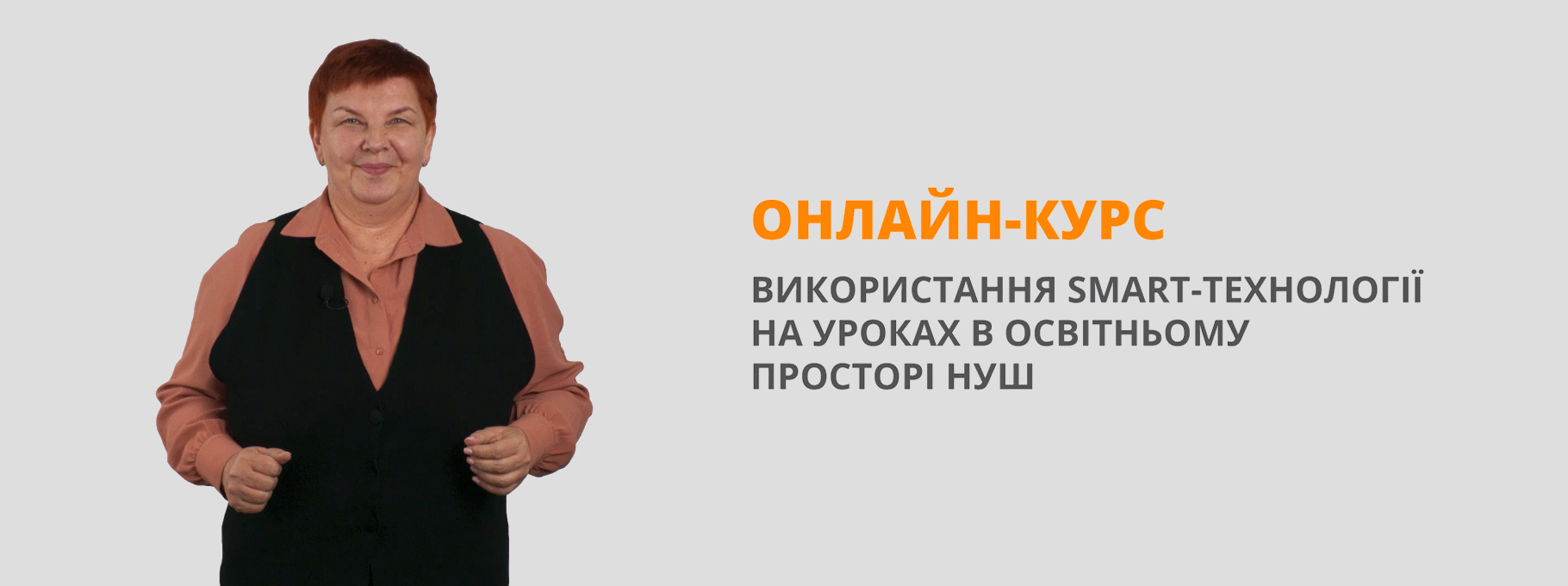Form 4 Health and Body Care
Subtopic: Take care of Your Health (Revision)
Objective:
to review the vocabulary and structures of the unit
to reflect on Ps’ learning
Structure: When you… you should/shouldn’t /must…
Learning Outcomes: by the end of the lesson the students are expected:
— to be aware of the importance of being fit and healthy giving their reasons for this;
— to be able to recycle the structures and vocabulary studied previously;
— to be able to give advice about what to do to be fit and healthy using the new vocabulary.
Materials required: handouts, pictures, cards.
Procedure
Lead in
1. Greetings.
T: I’m very glad to see you. You look great today! I’ve prepared some special words for you on these posters, because I’m sure you are fine and you will be energetic and active in the lesson.
(On the blackboard pupils can see such posters: “Keep smiling, you are special”; “It’s nice to work with you”.)
2. Warm up.
а) Home Assignment Checking
Teacher: Your homework was to write three sentences about why we should be healthy and paint some pictures to illustrate your sentences. You will read the sentences you have written and your friends will choose the perfect picture to illustrate your sentences.
(Pupils in turns read their sentences aloud and other pupils choose the right pictures.)
Teacher: You are quite right. But what should we do to be healthy?
Vocabulary Revision
Pupils are divided into two groups. Members of each group come up to the blackboard and write down their ideas of what we should do to be healthy. They make up Mind Maps. The group which finishes the work first and does no mistakes is the winner.
(A card with these words is on the blackboard.)
When the work is done one pupil from each group tells the ideas with the help of the Mind Map.
Teacher: To sum up we have to keep our body clean, keep our house clean, to do sport and to eat healthy food.
Do you live healthy life?
Do your friends have a healthy way of living?
Let’s wonder about it.
3. Practice
Split your students into groups.
Bring a children’s puzzle to class. Give each student one piece of the puzzle as they arrive to class. Their task is to find the person/people whose puzzle piece connects to theirs, and they form a group.
The students should look at the picture of the puzzle, say what happened with child and present their pieces of advice about what do to be health and fit.
Get Ps to open their PBs and look at task 1 on page 85. Tell Ps read questions and answer them.
T: Have a talk in three.
What should you do when you catch a cold?
What shouldn’t you do to keep your teeth healthy?
What should you do to keep fit?
4. Listening activity.
(The teacher reads the dialogue twice.)
Telephone Conversation
— Hello, Helen. How are you today?
— I have got a headache and a high temperature.
— Do you have a sore throat, Helen?
— No, I don’t. But I have an earache.
— Do you take some medicine?
— Certainly, I do. I take some vitamins too. The doctor says I will be better in four-five days.
— Sure you will. See you soon, then.
— Bye, Sue.
(The teacher reads the statements and the pupils in turns say if they are true or false.)
Teacher: Sue is ill.
Helen is ill.
The doctor gives Helen some medicine.
Helen has temperature and a sore throat.
Helen has an earache and a high temperature.
The doctor says Helen will be better soon.
Helen doesn’t take any vitamins.
Helen will be better in less than a week.
Production
6. Speaking
a) The students work in pairs and try to make up a pyramid of advice about what to do to be fit and healthy. The form of the pyramid depends on the students’ creativity. The suggested one is given at the end of this lesson plan. After having made up the pyramid each pair presents their ideas to the class.
b) Pupils work in pairs. They make up the dialogues, following the instructions from the cards H05. The time of the work is limited (5-7 minutes). When the time is over, two-three pairs act the dialogues out.
H01:
1. Make up a dialogue:
You are a patient. You have got high temperature, cough, and a headache. Ask the doctor to prescribe you some medicine.
2. Make up a dialogue:
You are a doctor. Ask the patient
— what the matter is with him/her;
— about the symptoms of his/her illness;
Prescribe some medicine to the patient, tell how many times a day he/she should take it; if he/she should take it before or after meals.
Summary. Assessment. Home Assignment.
7. Teacher: Did you like the lesson? What new words have you learnt today? What activity did you like most of all? Why?
Teacher: You should make up a phone conversation with your sick friend and act it out in pairs.


про публікацію авторської розробки
Додати розробку
